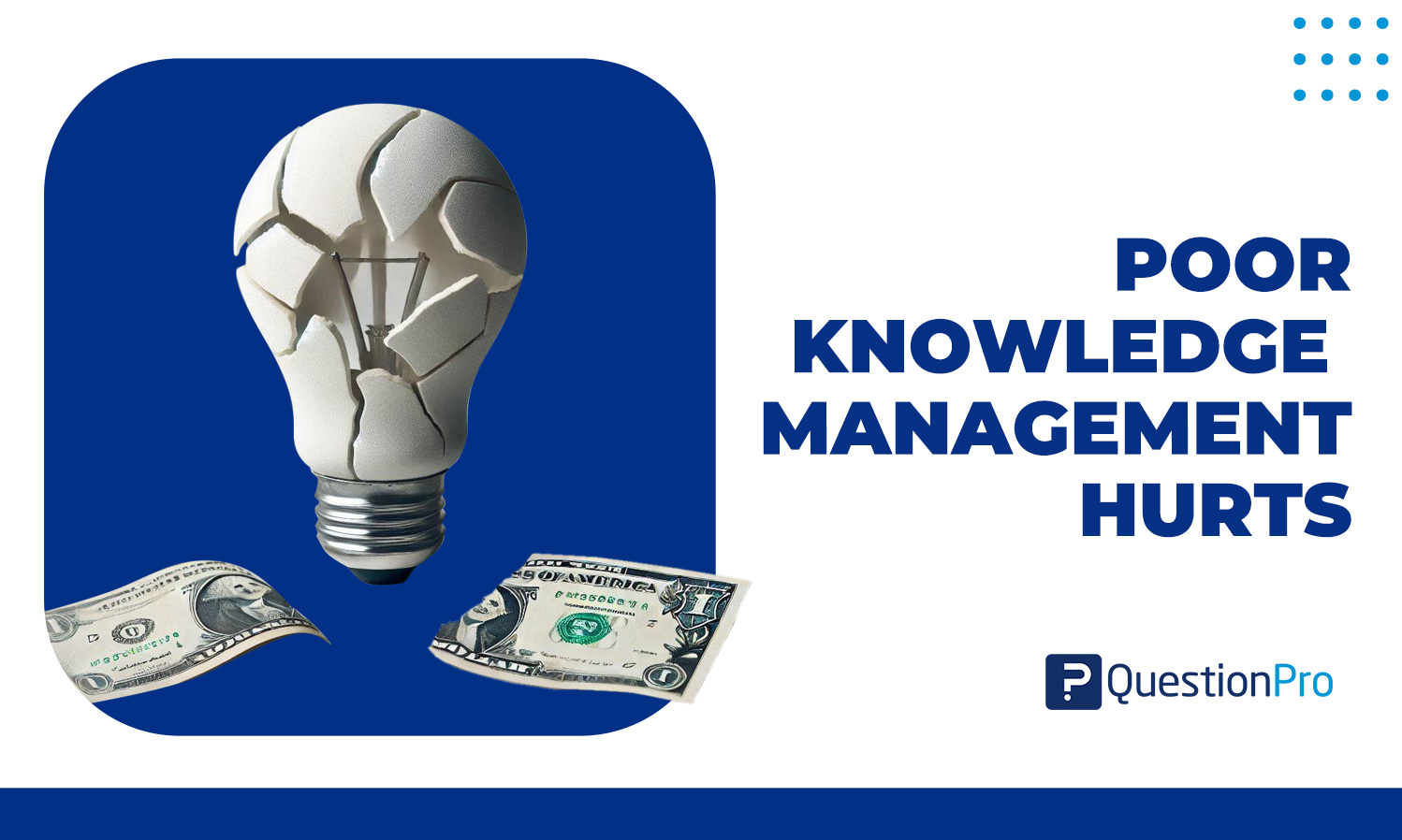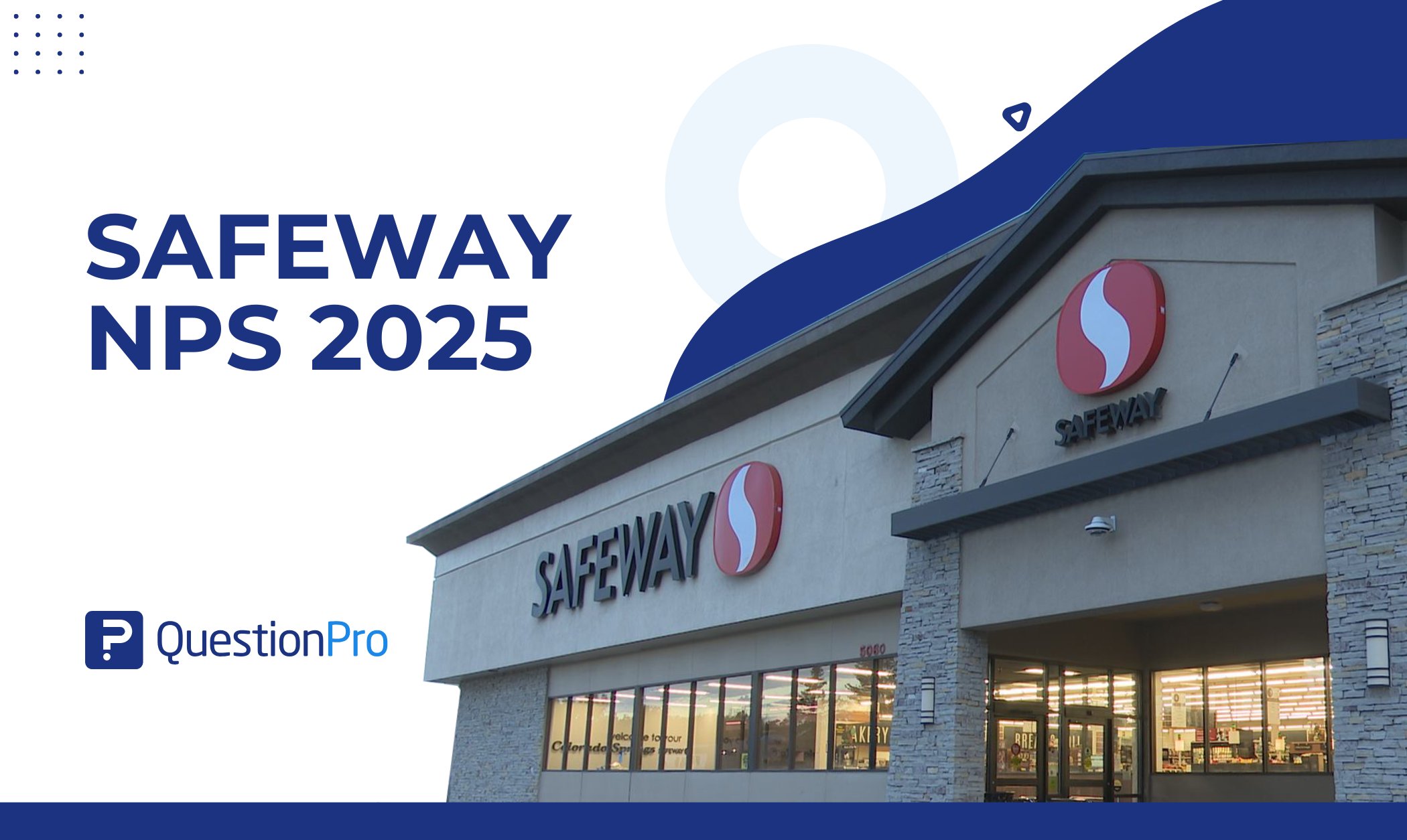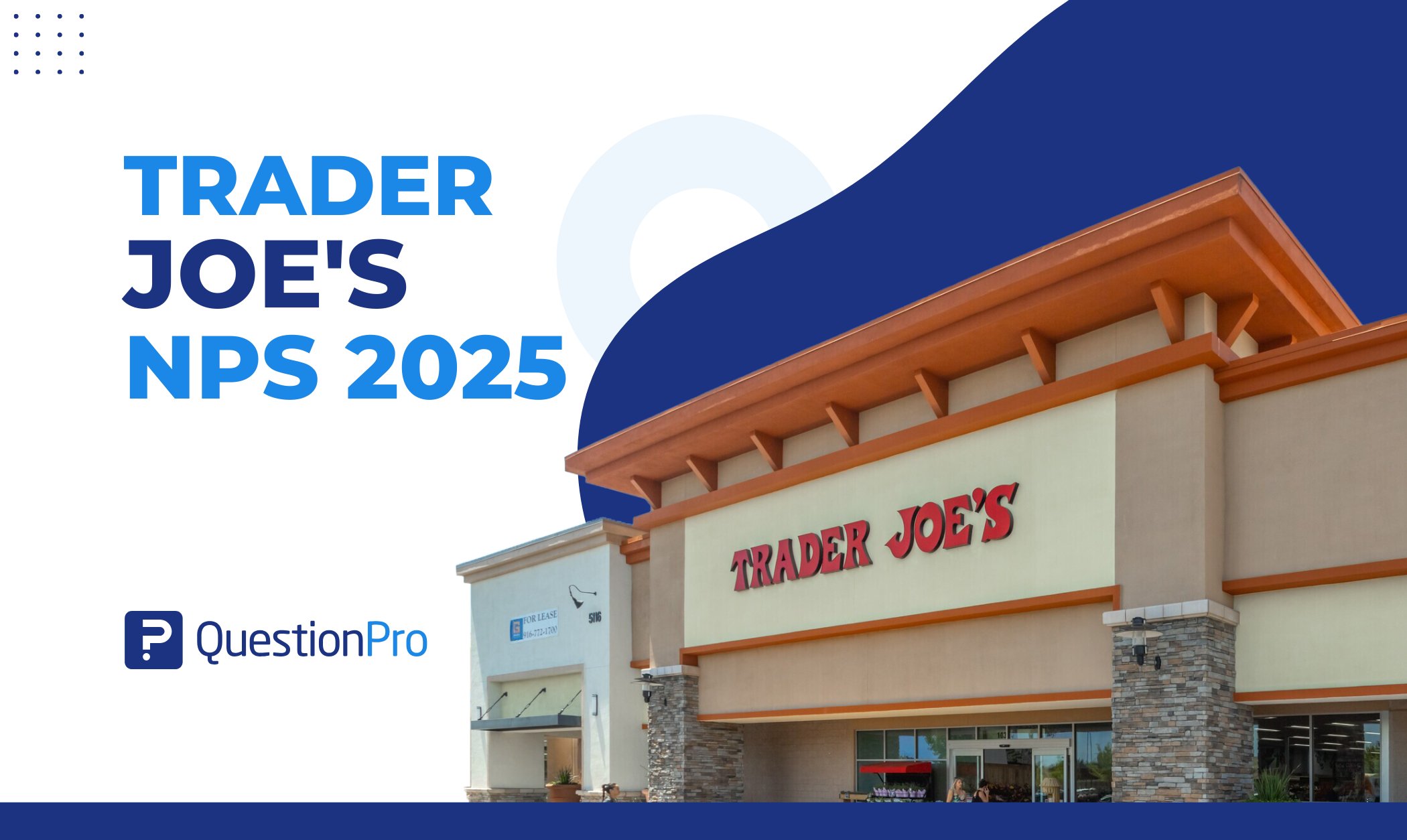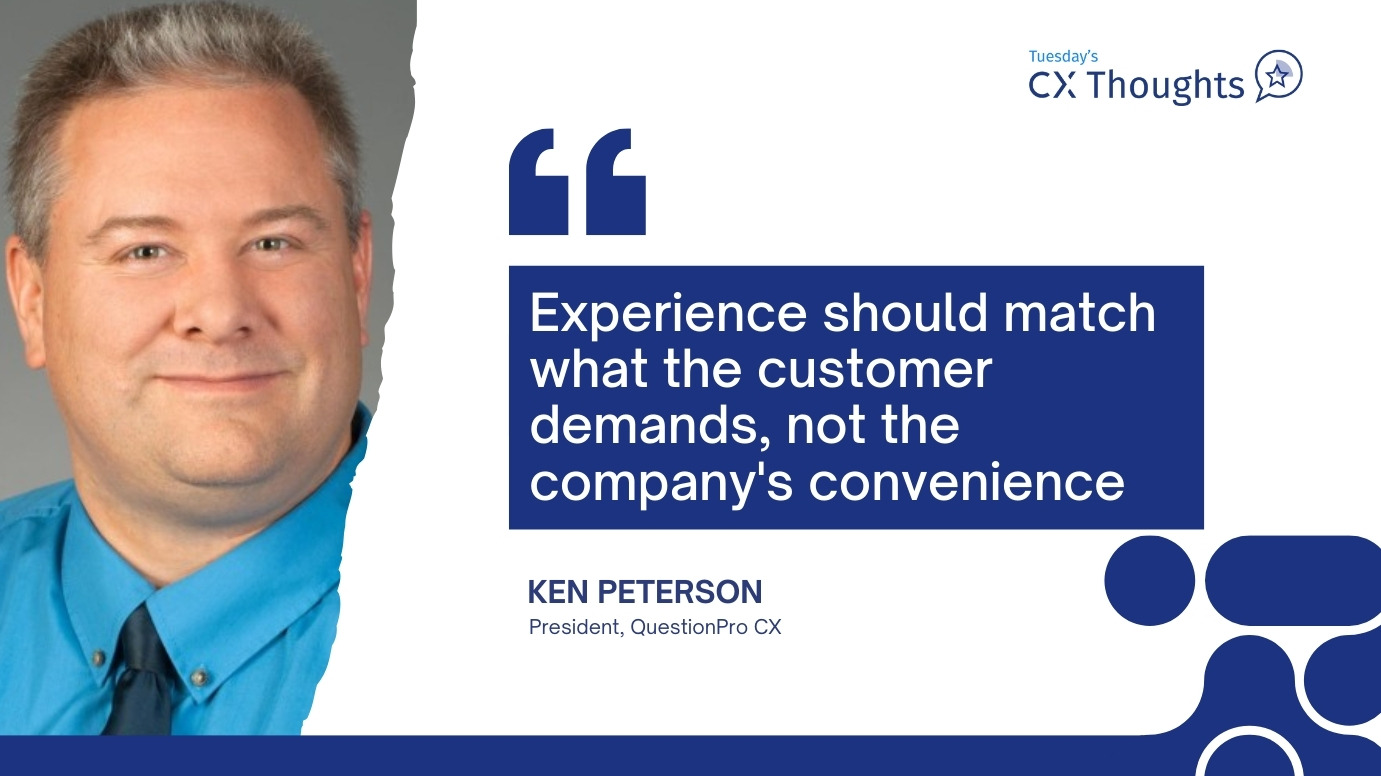
Knowledge is power, but what is poor knowledge management?
Blast from the past
I used to work for a global research agency. I remember one day, a senior insights leader from one of our top global clients, a Fortune 500 company, called me and said that they wanted to execute the same survey in my markets as they did in the EU. The client wanted us to follow the same protocols, use the same questionnaire, and produce the same insights format as we did in the EU markets.
I thought to myself, well, that is a good and easy way to get revenue under the belt. Little did I know at that time how difficult this would be. Upon investigation, I learned that the person who had run that project has since left the agency. I also learned that there were some other movements of staff since the time this client had done the said study. Bottom line, none of the current team had any clue what that study was about and where the key pieces of data I needed to execute the project per client expectations.
It was one of the toughest calls I had ever made. I explained this to the client and asked them to provide the materials our agency had delivered to them so we could execute the project.
At another time, I received an RFP from a large not-for-profit organization to do a baseline survey. I remembered that the same agency had done something similar some time back with another agency, so I communicated this to them. The response I got was surprising for me at that time. They said they had no records of the previous work, so they had to rerun the same survey.
$123 billion research spent in the US isn’t used!
I guess by now you are beginning to see a pattern. Surprisingly, these are not isolated cases. This problem is massive, and is affecting organizations of all sizes and businesses of all types around the world.
According to a recent study done by Deloitte, 55% of organizational data is going unused. Take a pause and think about what this means.
“55% of organizational data is going unused“
Deloitte
According to Gartner, US companies spend on average 9.1% of their revenue on marketing activities. It is a primarily accepted notion that 5%-10% of the marketing budget goes into consumer research, market research, and data analysis. Statista showed that in 2023, the total revenue of US businesses was approximately $41 trillion.
So 55% of the knowledge created each year by spending $224 billion on research by US organizations, or $124 billion, does not get used at all.
However, the issue is even bigger. When we expand the loss of data into the loss of knowledge gained from such data, we are looking at a much scarier scenario.
Whether you agree with the math or not, the fact is poor knowledge management is costing organizations billions of dollars.
All that we lose, when we don’t manage knowledge
Building knowledge either by an employee or collectively by an organization takes time, investment, and effort. While organizations invest hundreds of millions of dollars to collect data and build knowledge, it is a mystery why they don’t invest in protecting and harnessing that knowledge.
Several studies and publications have documented the impact of poor knowledge management.
- Revenue loss
- Poor internal knowledge sharing causes organizations to get slower to market, causing an estimated loss of 10% in innovation-led revenue.
- Industry experts cite a potential loss of 20% in revenue due to knowledge loss.
- Productivity loss
- Kintone reports that organizations with 1,000 employees or less lose around $2.7 million annually in productivity due to insufficient knowledge sharing.
- McKinsey finds that the average employee spends 1.8 hours daily searching for company information.
- IDC estimates that Fortune 500 companies lose approximately US$31.5 billion annually due to the failure to share necessary information.
- Poor Decision-Making
- Inaccurate insights: Incomplete or inconsistent data can lead to poor decision-making, resulting in suboptimal outcomes.
- Missed opportunities: Without a comprehensive view of the data, organizations may miss out on valuable opportunities.
4. Increased Operational Costs
- Higher IT costs: Maintaining multiple data silos and integrating them can be expensive.
- Increased risk of errors: Poor data quality and inconsistencies can lead to errors, mistakes, and rework.
5. Damaged Reputation
- Loss of customer trust: Inaccurate or inconsistent information can damage a company’s reputation, leading to customer dissatisfaction and loss of business.
- Regulatory fines: Non-compliance with data privacy regulations can result in significant fines.
So, is there a way to solve this problem, especially now that we have the power of AI?
The answer is YES!
AI-powered knowledge management platforms – ROI on steroids
Good news is that there now exists real possibilities for organizations to solve their knowledge management woes. AI-powered knowledge management platforms can now store, organize, and index varied data. Not only that, they make it extremely easy to search for documents, data points, and insights.
To make things even more interesting, tools like InsightsHub by QuestionPro also provide a conversational interface so users can talk to their data and glean insights on demand.
With very little investment, organizations can get much more mileage out of their data and never suffer from loss of knowledge. It is currently one of the biggest ROIs an AI-based solution can offer.







